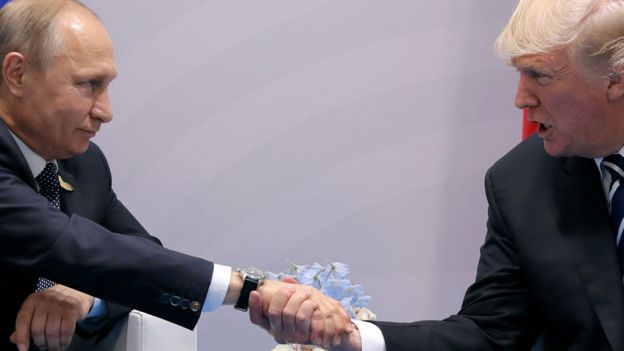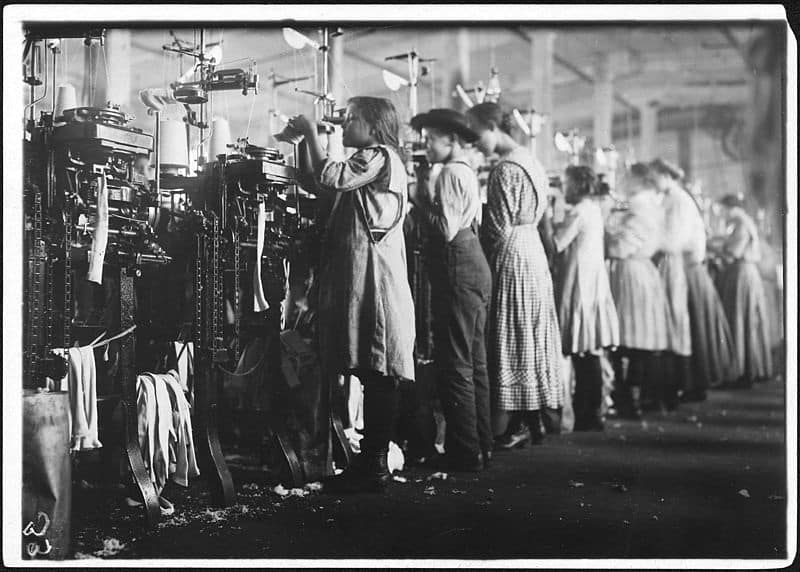






Chen Duxiu
By John Riddell
January 28, 2018 — Links International Journal of Socialist Renewal reposted from John Riddell's Marxist Essays and Commentary website — The most advanced experience of Communist alliance with national revolutionists occurred in Indonesia (Dutch East Indies) prior to the Baku Congress. However, it was not mentioned at the congress, even though one of its architects – the Dutch Communist Maring (Henk Sneevliet) – was present in the hall. Maring had been a leader for many years of revolutionary socialist Dutch settlers in Indonesia, who had achieved the remarkable feat of transforming their group into one predominantly indigenous in leadership, membership, and programmatic orientation. The key to success had been a close alliance with a mass national-revolutionary organization of the type described by the Second Congress, called Sarekat Islam.
Their tactic, which they called a “bloc within,” involved building a Communist fraction within the Islamic organization both by sending comrades into the movement and recruiting from its ranks. The bloc with Sarekat Islam, which started up before the Comintern was formed, had resulted in consolidation of a small but viable Communist party in Indonesia.[1]
Turar Ryskulov (1894-1938)
By John RiddellJanuary 28, 2018 — Links International Journal of Socialist Renewal reposted from John Riddell's Marxist Essays and Commentary website — As described in part 1 of this series, the Comintern leadership concluded at the end of 1919 that “[T]he civil war of the working people against the imperialists and exploiters in all the advanced countries is beginning to be combined with national wars against international imperialism.”[1]
But how would the proposed alliance of workers’ and national uprisings be effected? This strategic issue was addressed in the Comintern’s Second Congress, held in Moscow 9 July-7 August 1920. 
Manabendra Nath Roy
By John RiddellJanuary 28, 2018 — Links International Journal of Socialist Renewal reposted from John Riddell's Marxist Essays and Commentary website — The revolutionary activists who founded the Communist International (Comintern) in 1919 had little contact with movements for national and colonial liberation outside Russia. Nonetheless, only a year later, in July 1920, the Comintern adopted a far-reaching strategy for national and social revolution in dependent countries, later termed the anti-imperialist united front.



